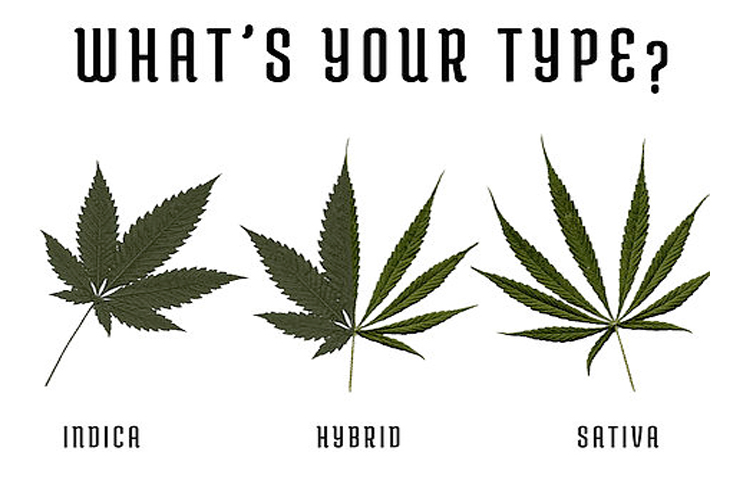The history of cannabis in the world has been quite up and down looking at the past hundred years. The current state of cannabis, however, has completely changed the public perception of the drug, which has resulted in billion dollar markets around the world and the impending legalization of the substance in a wide variety of countries. For the first time in the history of the organization, the WHO has stated that they will be reviewing the place of cannabis in international law. The documents that they have already prepared have shown that the committee is quite dedicated to promoting a positive view on the substance.
The pre-review done by the committee will likely be altered in the coming months to reflect what will go into effect around the world. The actual policy has yet to be revealed but is scheduled to be shown to the public by the beginning of June of this year. The WHO’s committee on drug dependence (ECDD) has been moving on this issue due to the changing tides in the American legislative system regarding cannabis. The U.S. recently requested a large amount of public information and input on whether or not cannabis should remain a Scheduled substance as far as the federal government is concerned. Since the early parts of the century, cannabis in the U.S. has been scheduled as a Schedule I narcotic, meaning that it has no potential for use as a treatment as well as a high rate of addiction. Both of these claims have largely ben refuted by scientific journals and a wide variety of research done around the world. The public continues to show a large interest in the industry’s legalization, thus the second look into whether or not it should be scheduled on an international level.
The organization also recently found that one of the main components in cannabis, CBD, is a low-risk component of the plant that has a largely positive effect on various health conditions. This could lead to a changing tide as to whether or not research can be done into the subject in the coming years around the world.
The committee has stated that first, no one has ever died from an overdose on marijuana, and that those words simply do not go together. They then stated that cannabis is a “relatively safe drug.” Research has also shown that there is little to no efficacy in studies trying to find a correlation between marijuana use and cardiovascular traumas, thus the safety of the drug as a treatment for many different ailments. The committee also stated that there is a large amount of scientific and medical research supporting these claims that should in no way be overlooked. The committee stated that cannabinoids “reduce cancer cell proliferation and inhibit cancer cell migration and abiogenesis in numerous cancer cell types.” All of these research findings have come together to put quite a positive view on the world of cannabis and whether or not it should be legalized.
Cannabis has had quite a traumatic history around the world, but these new findings are beginning to shed light on what could potentially be one of the most profound drugs for treatment on a myriad of different diseases. The coming years will be extremely instrumental to the growth of the industry and whether or not cannabis is considered to be dangerous from an international perspective. The hopes continue to be high that these findings will help to reflect what is true about cannabis and how much potential it has for the public.
MAPH Enterprises, LLC | (305) 414-0128 | 1501 Venera Ave, Coral Gables, FL 33146 | new@marijuanastocks.com










